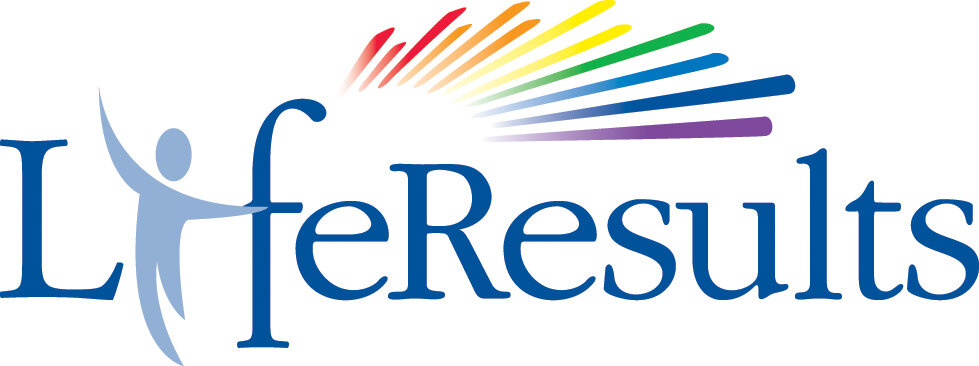In our fast-paced world, making clear decisions can sometimes feel impossible. Whether you're weighing career options, navigating relationships, or simply trying to prioritize your daily tasks, the quality of your decisions profoundly affects your life satisfaction and success.
What if there was a science-backed approach that could help you make better choices? Research increasingly shows that mindfulness—the practice of bringing focused awareness to the present moment—significantly improves decision-making across all areas of life.
How Mindfulness Changes Your Brain
Neuroscience research has revealed fascinating insights into how mindfulness practices physically change our brains. Studies using MRI scans show that regular mindfulness practice actually increases gray matter in areas responsible for:
The prefrontal cortex: Your brain's decision-making center
The hippocampus: Critical for learning and memory
The amygdala: Your emotional regulation system
A landmark study published in the journal Psychiatry Research found that just eight weeks of mindfulness practice led to measurable changes in these brain regions. Participants showed enhanced ability to process information and make decisions without being overwhelmed by emotions.
Breaking Free from Autopilot Decisions
Many of our daily choices happen on autopilot. We react based on ingrained patterns rather than responding with awareness. This automatic decision-making serves us well for simple tasks but can lead us astray when facing important life choices.
Dr. Jon Kabat-Zinn, founder of Mindfulness-Based Stress Reduction, explains it this way: "Mindfulness gives you time. Time gives you choices. Choices, skillfully made, lead to freedom."
When we practice mindfulness, we create a crucial pause between stimulus and response. This small space allows us to:
Notice our automatic reactions
Consider our options more fully
Align our choices with our deeper values
Respond rather than react
Mindfulness and Emotional Intelligence
Research published in the Journal of Personality and Social Psychology demonstrates that mindfulness enhances emotional intelligence—our ability to recognize and manage emotions in ourselves and others.
This emotional awareness proves crucial for decision-making because:
You recognize when emotions are clouding your judgment
You can identify the true source of your discomfort
You develop greater empathy for how your decisions affect others
You build resilience to handle the outcomes of difficult choices
One study participant noted: "Before practicing mindfulness, I would make decisions when I was anxious or frustrated, then regret them later. Now I can recognize when my emotional state isn't conducive to important choices."
The Clarity Connection
Perhaps most importantly, mindfulness helps clear the mental clutter that obscures good decision-making. A Harvard study found that people spend nearly 47% of their waking hours thinking about something other than what they're doing.
This mind-wandering directly correlates with reported unhappiness and poor choices. When we're mentally scattered, we miss important information and struggle to connect with our authentic values.
Through regular mindfulness practice, people report:
Greater clarity about what truly matters to them
Improved ability to focus on relevant information
Enhanced creativity in finding solutions
Deeper trust in their decision-making process
Practical Mindfulness for Better Decisions
While meditation represents one form of mindfulness practice, there are many simple ways to bring mindfulness into your decision-making process:
The Breath Check: Before making an important decision, take three deep breaths while focusing entirely on the sensation of breathing. This creates a moment of clarity.
The Body Scan: Notice any physical tension or discomfort as you consider different options. Our bodies often register wisdom that our busy minds miss.
The Values Question: Ask yourself, "Does this choice align with what truly matters to me?" Mindfulness helps us connect with our authentic values.
The Future Self: Imagine yourself a year from now looking back on this decision. What perspective does that future self offer?
Transforming Decision-Making Through Experience
While understanding the science behind mindfulness is valuable, experiencing its benefits directly can be truly transformative. This is where the LifeResults CORE workshop offers a unique opportunity.
CORE provides a supportive environment where you can learn practical mindfulness tools through direct experience rather than theoretical understanding alone. Over one immersive weekend, you'll discover how to:
Identify thought patterns that cloud your decision-making
Develop present-moment awareness that brings clarity
Connect with your authentic values for aligned choices
Build practical mindfulness skills you can apply immediately
As one CORE graduate shared: "I came to the workshop feeling overwhelmed by important decisions in my life. I left with tools that help me get clear, stay centered, and make choices I truly believe in."
The research is clear—mindfulness transforms decision-making by creating space between stimulus and response, enhancing emotional intelligence, and connecting us with our deeper wisdom. In our CORE workshop, these scientific principles come alive through practical experience.
Ready to transform how you make decisions? Learn more about our upcoming CORE workshops and take the first step toward greater clarity and confidence in your choices.
References:
Davidson, R. J., et al. (2003). Alterations in brain and immune function produced by mindfulness meditation. Psychosomatic Medicine.
Hölzel, B. K., et al. (2011). Mindfulness practice leads to increases in regional brain gray matter density. Psychiatry Research: Neuroimaging.
Killingsworth, M. A., & Gilbert, D. T. (2010). A wandering mind is an unhappy mind. Science.



